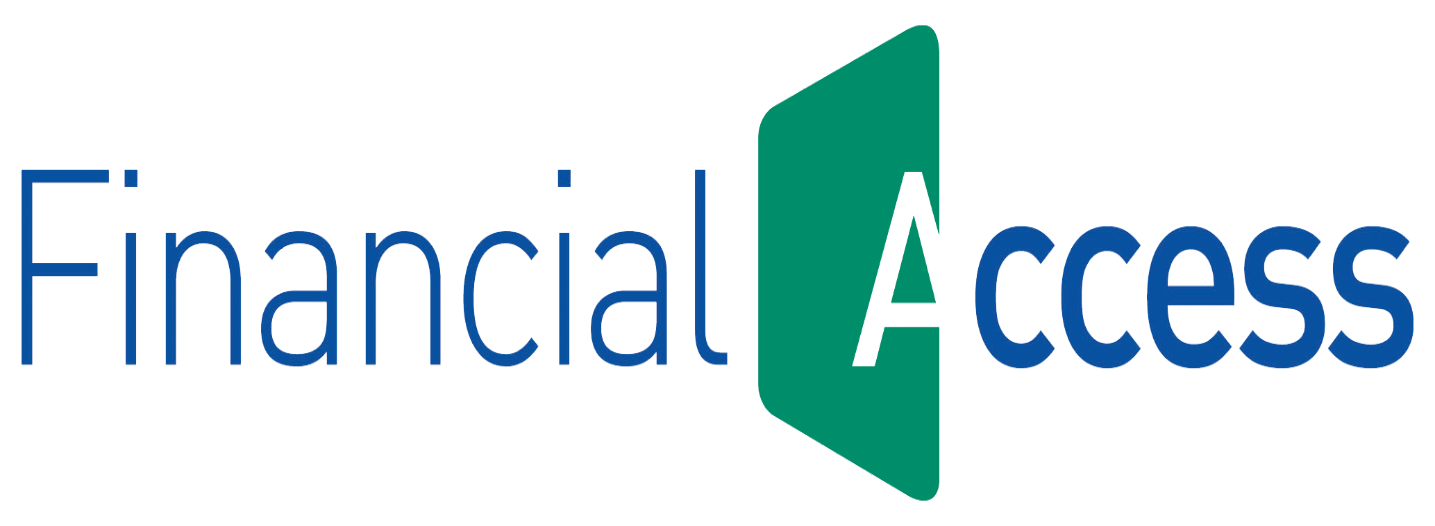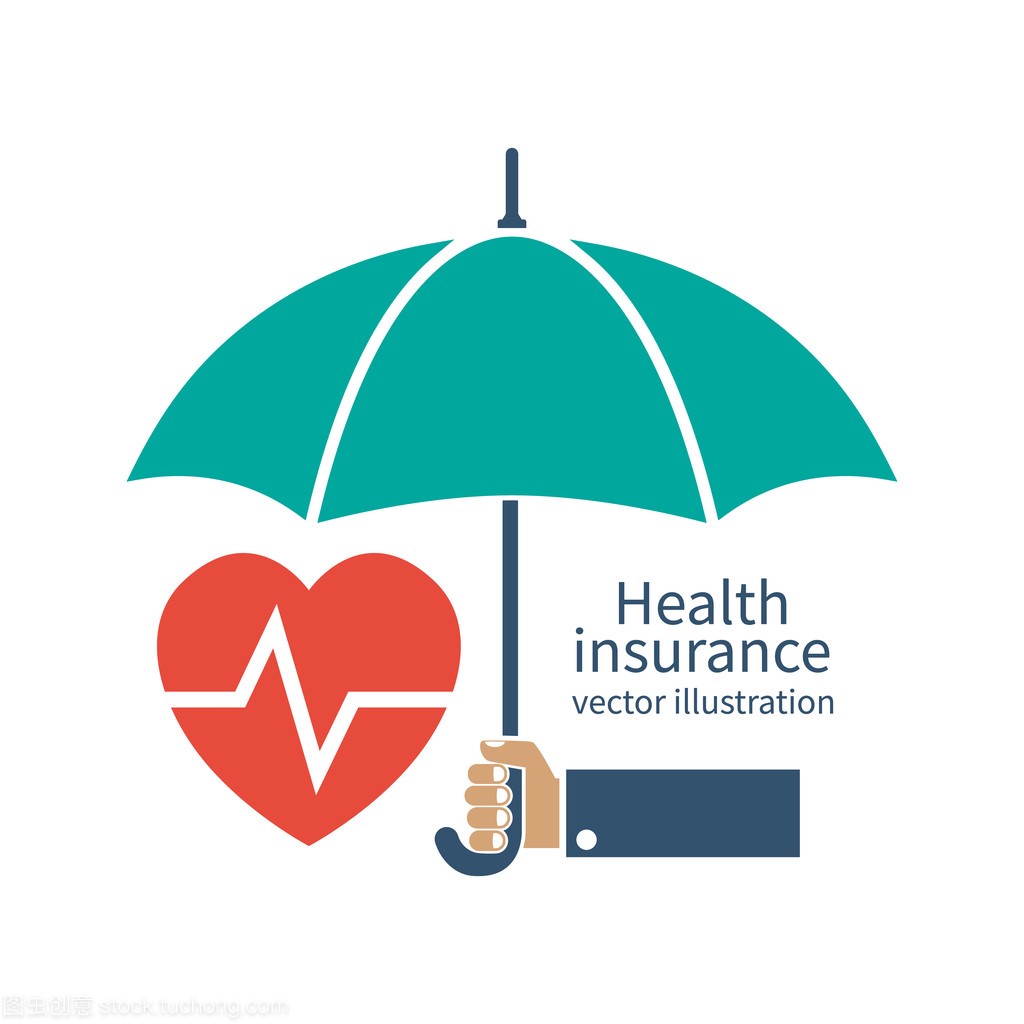
It is, therefore, possible for an adult to return to school to gain new jobs, gain self-growth, and achieve self-growth, and have higher income rates. The main challenge, however, could be the cost of education. Fortunately, there is financial assistance to support the costs of educating adults so that the process can be manageable for the learner. Knowledge of the ways to secure this help may well provide the determining factor in attaining educational objectives.
Explore Federal Financial Aid
Federal assistance is one of the primary forms of financial aid for students, emphasizing learners of the present age. First, you must fill out and submit the Free Application for Federal Student Aid (FAFSA). This application also makes decisions for grants, work-study programs, and federal student loans. Most adult learners can apply for need-based grants, including the Pell Grant, which does not attract repayment. The FAFSA form must be filled out to receive a list of financial services based on the government's offer.
Look for State and Local Programs
It is also essential to add that states and municipalities have funds to finance adult learners. State-funded programs commonly offer grants, scholarships, and tuition waivers to educational or job training endeavors. It is a pity, but it is also stated that some states have focused programs designed to assist returning adults in acquiring new or incomplete credits. One can get helpful information on such programs from the office of higher learning in your state or local community colleges.
Search for Scholarships

Scholarships are another way for adults to get Money to attend college. Scholarships, unlike loans, are offers that do not require repayment; therefore, they are preferred by many. Some of these scholarships are specially designed for those who have decided to go back to college for whatever reasons; It could be for career changers, parents, or veterans. The likelihood of obtaining a scholarship is boosted when one searches the internet and applies for various scholarships. Small scholarships can increase and eventually significantly impact lessening education expenses.
Employer-Sponsored Tuition Assistance
Some employers have adoption programs, tuition assistance, or reimbursement for college graduates. This form of financial aid for adult learners can be handy, particularly for those with families and jobs. Such programs usually pay for the fees of courses that are relevant to the present work or a possible promotion in the future. Contacting your employer's human resources can also serve to identify if your employer sponsors any educational benefits.
Consider Work-Study Programs
Part-time employment arrangements such as work-study programs are a form of scholarship for adult learners that a scholar can work on while schooling. These programs offer the ability to earn some Money to support tuition and other educational needs. Most work-study positions can be on the college campus or with an organization affiliated with a college; therefore, it is easy to balance working and the college. Work-study is only available at some schools, but you should inquire whether it is an option at the institution you wish to work at.
Understand Student Loan Options

In case grants, scholarships, and work-study programs fail to cater for students' educational expenses, student loans are of help. Federal Codes of student loans usually have lower interest charges and more accessible payment methods than in a private scenario. These are offered under the format of financial aid for adult learners, where most students, whether in employment, without employment, young or old, can access these loans. But it is necessary to take it responsibly and borrow only the Money you can repay after attaining the diploma.
Conclusion
Exploring the possibility of financing for adult students is a significant factor in improving learning costs. More importantly, an adult learner will find several avenues to meet his needs through Federal financial assistance, state-funded schemes, scholarships, and employer-sponsored Work Study programs. Knowing how to access financial aid lays the foundation for adult learners to handle their financial obligations and devote their time to learning without too much pressure. Thus, continuing education must not be a distant dream for any adult without concern about the financial assistance available to expand their skills in a new or existing career.





